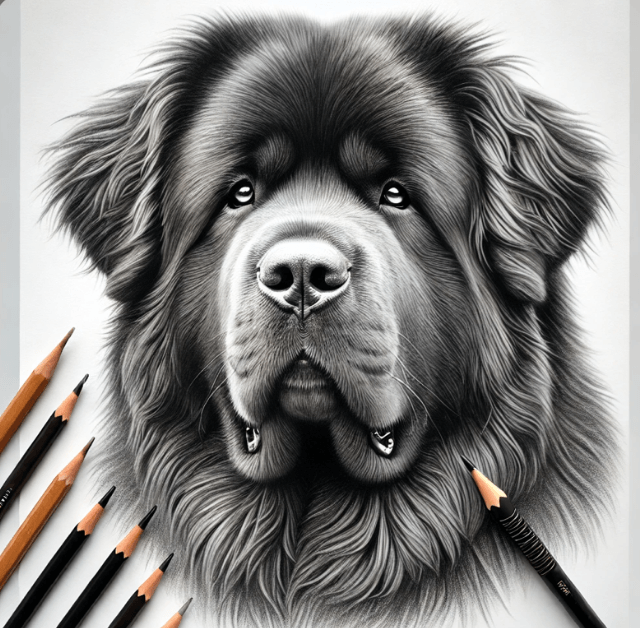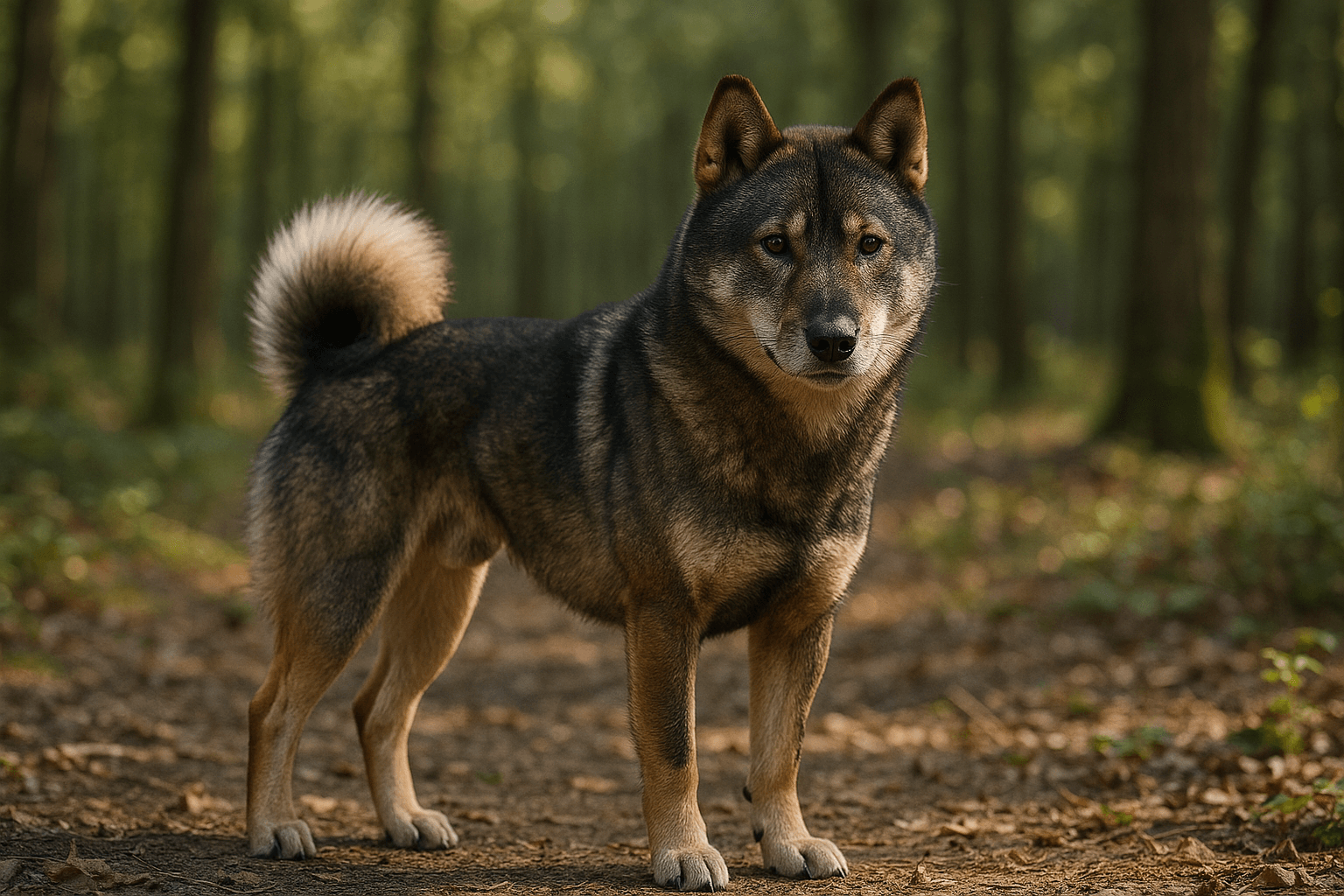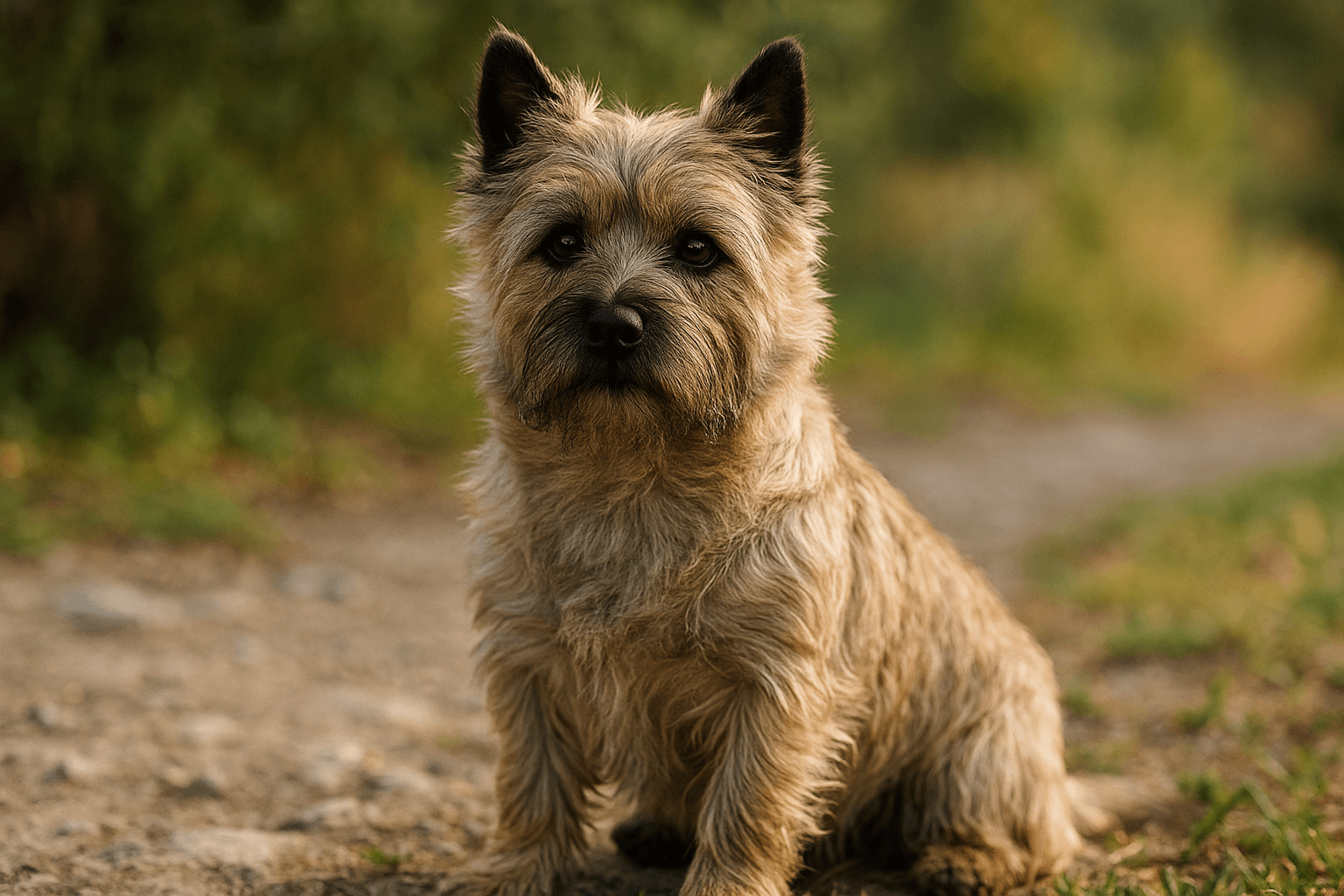The Majestic Tibetan Mastiff Dog: A Guardian Like No Other
The Tibetan mastiff dog is a breed that commands respect and admiration. Known for its imposing size, thick double coat, and unwavering loyalty, this ancient breed has been guarding livestock and families in the Himalayan mountains for centuries. Today, the Tibetan mastiff continues to captivate dog lovers worldwide with its regal presence and protective instincts. Whether you’re considering adding one of these majestic dogs to your family or simply curious about their unique traits, this blog post will delve into everything you need to know about the Tibetan mastiff dog. From their temperament to care requirements, we’ll explore why this breed is both a challenge and a joy to own.
Key Characteristics of the Tibetan Mastiff Dog
The Tibetan mastiff dog stands out not only for its striking appearance but also for its distinct personality traits. Here are some defining characteristics of this remarkable breed:
Massive build and strength : Weighing between 90 to 150 pounds, the Tibetan mastiff is a large and powerful dog built for endurance and protection.
Thick double coat : Their luxurious coat provides insulation against harsh weather conditions, making them well-suited for cold climates.
Independent nature : Unlike many other breeds, the Tibetan mastiff is known for its independent streak, often acting as a free thinker.
Protective instincts : Bred to guard homes and livestock, these dogs are naturally wary of strangers and highly devoted to their families.
Low energy indoors : Despite their size, Tibetan mastiffs tend to be calm and relaxed inside the house, preferring to lounge rather than run around.
Understanding these traits helps potential owners determine if the Tibetan mastiff dog is the right fit for their lifestyle. While they are undeniably beautiful, their strong-willed nature requires an experienced and patient owner.
Caring for Your Tibetan Mastiff Dog
Owning a Tibetan mastiff dog comes with specific responsibilities to ensure their health, happiness, and well-being. Here’s what you need to know about caring for this majestic breed:
Grooming needs : Their thick coat requires regular brushing to prevent matting and reduce shedding, especially during seasonal coat blowouts.
Exercise requirements : While not overly energetic, Tibetan mastiffs still need daily walks and playtime to stay physically and mentally stimulated.
Dietary considerations : Feed a high-quality diet tailored to their size and activity level, ensuring they maintain a healthy weight.
Socialization from an early age : Properly socializing your Tibetan mastiff puppy helps them become more confident and less suspicious of unfamiliar people or animals.
Secure fencing : Due to their guarding instincts, Tibetan mastiffs should be kept in a securely fenced yard to prevent wandering or confrontations with strangers.
By addressing these care needs, you can create a safe and nurturing environment for your Tibetan mastiff dog to thrive.
Check this guide 👉The Majestic Presa Canario: Best 7 Expert Tips!
Check this guide 👉Discovering the Majestic Akita Dog: Best 7 Expert Tips!
Check this guide 👉Alabai Dog Care: 7 Powerful Tips to Master Like a Pro

Pros of Owning a Tibetan Mastiff | Cons of Owning a Tibetan Mastiff |
|---|---|
Loyal and protective family companion | Requires experienced handling |
Calm and low-energy indoors | Heavy shedding, especially seasonally |
Independent yet affectionate nature | Can be aloof with strangers |
Excellent watchdog capabilities | Needs secure fencing and supervision |
Striking appearance and noble demeanor | Not ideal for first-time dog owners |
Training Tips for Tibetan Mastiff Dogs
Training a Tibetan mastiff dog can be challenging due to their independent and sometimes stubborn nature. However, with patience and consistency, you can build a strong bond and establish clear boundaries. Here are some training tips to keep in mind:
Start early : Begin obedience training and socialization as soon as you bring your Tibetan mastiff puppy home.
Use positive reinforcement : Reward good behavior with treats, praise, or toys to encourage cooperation.
Be firm but gentle : These dogs respond best to calm, assertive leadership without harsh corrections.
Keep sessions short and engaging : Tibetan mastiffs have a limited attention span, so focus on brief, fun training sessions.
Address territorial behaviors : Work on curbing excessive barking or aggression toward strangers through consistent training.
With dedication and understanding, you can help your Tibetan mastiff dog become a well-behaved and cherished member of your household.
Health Concerns to Watch For in Tibetan Mastiff Dogs
Like all breeds, the Tibetan mastiff dog is prone to certain health issues that owners should monitor closely. Being proactive about their care can help prevent or manage these conditions effectively. Keep an eye out for the following:
Hip dysplasia : A common issue in large breeds, hip dysplasia can cause pain and mobility problems if left untreated.
Hypothyroidism : This condition affects metabolism and may lead to weight gain, lethargy, or skin issues.
Bloat (gastric torsion) : A life-threatening condition where the stomach twists, requiring immediate veterinary attention.
Ear infections : Their floppy ears can trap moisture, increasing the risk of infections if not cleaned regularly.
Allergies : Some Tibetan mastiffs may develop skin or food allergies, leading to itching or digestive upset.
Regular vet check-ups and a healthy lifestyle can go a long way in keeping your Tibetan mastiff dog happy and healthy for years to come.
Tibetan Mastiff Dog: Living Arrangements for Optimal Comfort
The Tibetan mastiff dog thrives best in environments that cater to its natural instincts and physical needs. Providing the right living conditions is essential for their well-being. Here are some tips to create a comfortable and safe space for your Tibetan mastiff:
Ample indoor space : These large dogs need enough room to move around comfortably, especially since they spend most of their time indoors relaxing.
Access to a secure yard : A fenced outdoor area allows them to patrol and guard while keeping them safe from potential hazards.
Climate considerations : Tibetan mastiffs are better suited for cooler climates due to their thick coats, so avoid exposing them to extreme heat.
Quiet and calm environment : They prefer peaceful surroundings and may become stressed in chaotic or noisy households.
Designated resting spots : Provide cozy beds or mats where they can retreat for rest and relaxation.
By tailoring your home to suit their preferences, you’ll ensure your Tibetan mastiff dog feels secure and content in their living space.
Fun Facts About the Tibetan Mastiff Dog
The Tibetan mastiff dog is not only a remarkable companion but also a breed steeped in history and fascinating trivia. Learning more about their unique qualities can deepen your appreciation for this majestic breed. Here are some fun facts to pique your interest:
Ancient heritage : The breed’s origins date back thousands of years, with mentions in historical texts as early as 1100 BC.
Guardians of monasteries : Tibetan mastiffs were traditionally used to protect Himalayan monasteries and nomadic herders’ camps.
Rare and valuable : In 2014, a Tibetan mastiff puppy was sold for nearly $2 million, making headlines worldwide.
Nighttime barkers : Known for their deep, booming bark, they often sound off during the night to alert their owners of any activity.
Minimal prey drive : Unlike many other large breeds, Tibetan mastiffs rarely chase small animals, thanks to their guardian instincts.
These intriguing tidbits highlight what makes the Tibetan mastiff dog such a special and captivating breed.
Common Misconceptions About the Tibetan Mastiff Dog
Despite their popularity, there are several misconceptions about the Tibetan mastiff dog that can lead to misunderstandings among potential owners. Clearing up these myths helps set realistic expectations for anyone considering this breed. Here are some common misconceptions:
They are aggressive by nature : While protective, Tibetan mastiffs are not inherently aggressive; proper socialization ensures they remain friendly and confident.
All large dogs need lots of exercise : Contrary to popular belief, Tibetan mastiffs are relatively low-energy indoors and don’t require hours of daily activity.
They’re easy to train like other breeds : Their independent streak means training requires patience and consistency, unlike more eager-to-please breeds.
Their coat doesn’t require much maintenance : Though beautiful, their thick double coat demands regular grooming to stay healthy and tangle-free.
They’re suitable for apartment living : Due to their size and need for space, Tibetan mastiffs are better suited for homes with yards rather than small apartments.
Understanding the truth behind these misconceptions ensures you approach owning a Tibetan mastiff dog with clarity and confidence.
FAQ
Are Tibetan mastiff dogs good with children?
Yes, they are typically gentle and protective with children they know but may be reserved around unfamiliar kids.
How much exercise does a Tibetan mastiff need?
Moderate exercise, such as a daily walk or playtime, is sufficient for this breed.
Do Tibetan mastiffs shed a lot?
Yes, they shed heavily during seasonal coat changes and require regular grooming to manage shedding.
Are Tibetan mastiffs aggressive?
They are not inherently aggressive but can be territorial and protective, especially toward strangers.
How long do Tibetan mastiff dogs live?
On average, they live 10 to 14 years with proper care and nutrition.
Bringing Home a Tibetan Mastiff Dog: A Rewarding Journey
The Tibetan mastiff dog is a breed like no other—majestic, loyal, and full of character. While owning one requires commitment and understanding, the rewards of having such a devoted companion are immeasurable. By learning about their unique needs, respecting their independence, and providing proper care, you can forge a lifelong bond with this incredible breed. Whether you’re drawn to their striking appearance or their protective instincts, the Tibetan mastiff dog is sure to leave a lasting impression on your heart. Embrace the journey of welcoming one into your home, and you’ll discover the true meaning of unconditional love and loyalty.
Spleen Cancer in Cats: Best 7 Expert Tips! – Expert insights on symptoms, care, treatment & quality of life for feline spleen cancer.
Dog Mastitis Treatment: Best 7 Expert Tips! – Safe, vet-approved care for nursing moms & prevention strategies.
The Shikoku Ken Dog: Best 7 Expert Tips! – Discover expert care, training & health advice for this rare, loyal Japanese mountain breed.
The Cairn Terrier Dog Breed: Best 7 Expert Tips! – Discover care, training & health advice for this spirited, loyal Scottish terrier.




